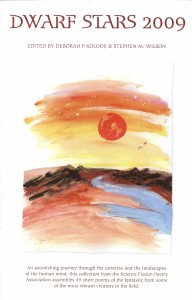I spent a couple hours this past weekend with Donald Hall’s This Old Life (1996) and was underwhelmed. I’d read “The Night of the Day” a couple times before, over the years, and caught my breath both at its closing lines (in part because the line “older / than my dark-haired father ever got to be” leapt out at me this time, though it won’t be true in my case for another two decades) and back-of-the-book postscript (in which two more deaths are mentioned) … but the rest of the book, I just didn’t connect with, poetically or anecdotally, except for an acknowledgment of midlife fucked-up-ness (Duthie: “look, self, Donald Hall was an alcoholic mess when he was forty, and he got past it, and you don’t have it anywhere near that dire”) and a flare of momentary self-pity (Hall, on losing the 1993 National Book Award to A.R. Ammons: “I went to sleep easily, / mildly let down, and woke / at three-thirty in a murderous rage.”) In his notes to “The Old Life,” Hall snarks about autobiographical “McPoems” – “prosy little anecdotes…perfect in their narcissism.” My difficulty is that, the rave reviews on the cover notwithstanding, and the sorrows delineated in detail, “This Old Life” comes across to me as an extended collection of prosy little narcissistic anecdotes.
Jack Gilbert’s The Great Fires isn’t making itself matter to me, either. Although the fact that he and Hall were both writing about being widowed did lead me to revisit Milton’s sonnet about HIS dead wife…which, in all honesty, I find not especially memorable until the last two lines. But oh my God, those last two lines.
So what have I read lately that has held up in rereading? Parts of Camille Dungy‘s first book (the second one’s due out next year and already on my shopping list). R. T. Smith’s Shades. Jack Myers’s Cirrus. Milosz’s Encounter. And (especially appreciated after a morning reading aloud about Armageddon) Milosz’s Song on the End of the World.
